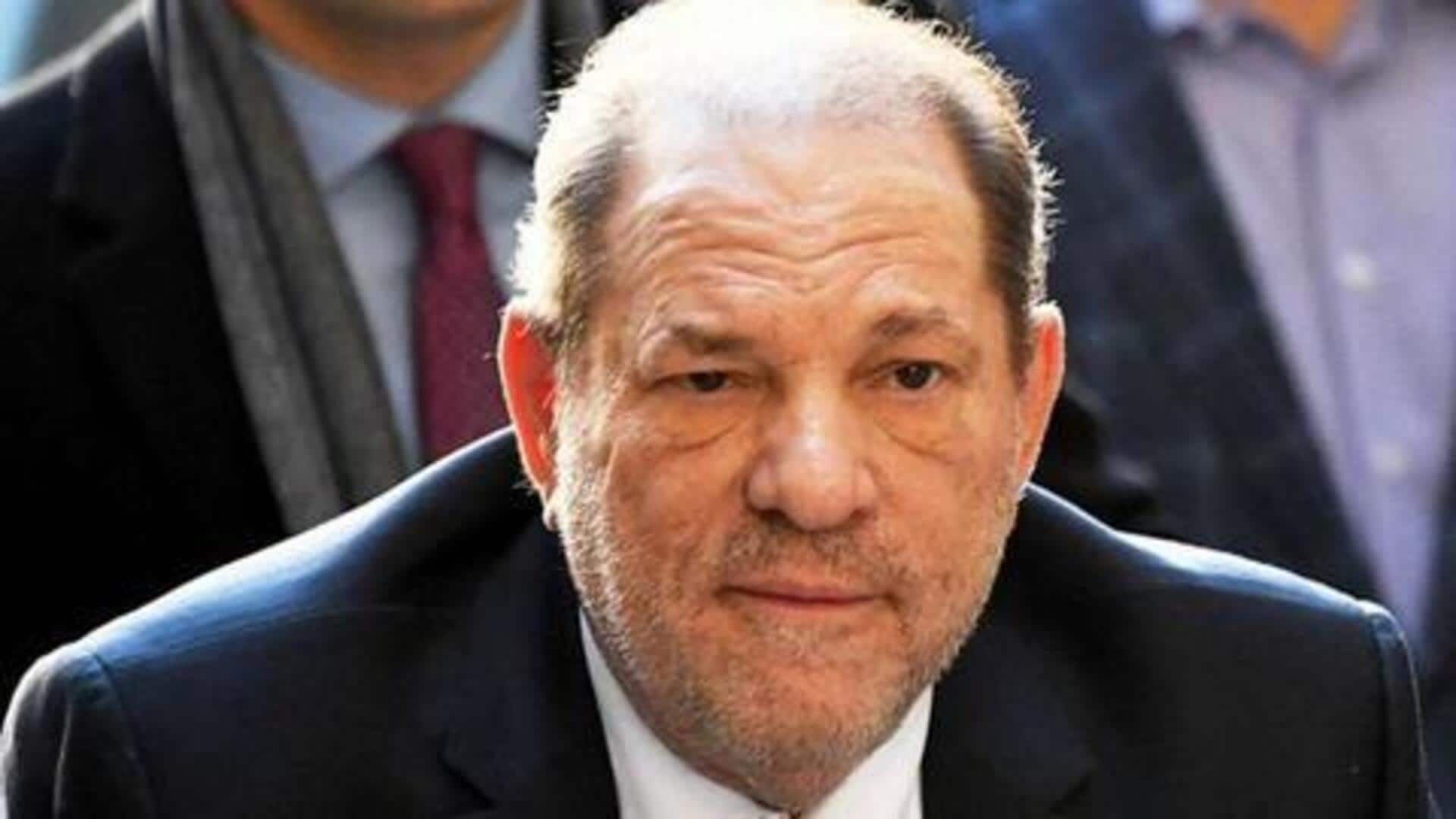
Harvey Weinstein's retrial ends in mistrial after juror walks out
What's the story
A New York judge has declared a mistrial on the final charge in the sexual assault retrial of disgraced Hollywood mogul Harvey Weinstein. The decision came after the jury foreperson alleged he was threatened by another juror and refused to return for deliberations. The jury had previously delivered a split verdict, convicting Weinstein of one charge, acquitting him of another, and failing to reach a decision on the third.
Background
Weinstein's initial conviction and retrial
Weinstein was initially convicted in 2020 of third-degree rape and sexual assault, but acquitted of predatory sexual assault and first-degree rape. Last year, the New York Court of Appeals overturned his conviction, ruling that the judge had prejudiced Weinstein's case by allowing testimonies from women not directly related to the charges. This led to a retrial where women testified about their interactions with Weinstein.
Verdict details
Jury foreperson alleged 'bullying' from other jurors
On Wednesday, the jury found Weinstein guilty of a criminal sex act charge related to a 2006 incident. They acquitted him of seperate criminal sex act charge from the same year but couldn't deliver a verdict on a 2013 rape charge. The foreperson had earlier complained about being intimidated by other jurors, leading to the defense's request for a mistrial. Weinstein addressed the judge separately, pleading for the case to be dismissed without a verdict.
Judicial remarks
Judge's response to the foreperson's allegations
The judge responded to the jury foreperson's allegations by acknowledging that jury deliberations can sometimes become heated. However, he noted that other jurors did not mention anything that could be considered threatening. The foreperson had expressed feeling "afraid inside there" and refused to return for further deliberations, leading to the mistrial declaration on Thursday.
Accusations
Weinstein's past convictions and their overturning
Weinstein has faced accusations from numerous women of sexual harassment, assault, and misconduct over the past three decades. His convictions on rape and sexual assault charges in New York in 2020 and sexual offenses in Los Angeles in 2022 were celebrated as victories for the #MeToo movement. However, last year, the case against him was thrown into limbo when New York's top court overturned his conviction.